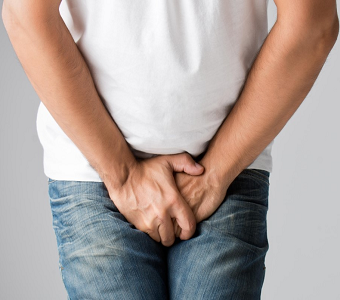In an important phase 3 trial, Merck’s (MRK) new investigational 9-valent Human Papilloma virus (HPV) vaccine, known as V503, compared favorably to the company’s current vaccine, GARDISIL, and showed strong protection against an additional five HPV types. Merck plans to file for approval with the U.S. FDA before the end of 2013.
Merck’s stock has suffered in the last year, falling 1.7% compared with a 23% gain for the S&P 500. The company is refocusing its sales and R&D efforts, as sales of its oral diabetes treatment have not met consensus expectations. GARDISIL, however, has been a positive note, making Monday’s news of positive phase 3 clinical results for the follow-on vaccine, V503, all the more important.
Merck’s V503 is a 9-valent vaccine, meaning that it is designed to protect against nine different strains of HPV. The current vaccine, GARDISIL, protects against four strains. HPV is the most common sexually transmitted infection (STI) and can cause serious health problems, including certain cancers.
Both GARDISIL and V503 protect against cancer-causing strains of HPV as well as those that cause genital warts. The seven cancer-causing HPV types in V503 (16, 18, 31, 33, 45, 52 and 58) cause approximately 90% of cervical cancer cases, 80% of high-grade cervical pre-cancers (those with a significant level of abnormal cell growth) and approximately 50-60% percent of cases of low-grade (lower levels of abnormal cell growth) cervical pre-cancers. After HPV types 16 and 18, the five additional HPV types in V503 are the most common cervical cancer-causing types worldwide. HPV types 6 and 11 cause approximately 90 percent of genital warts cases.
Data from the study, along with results from two additional studies, will be presented on Tuesday, November 5 at the European Research Organization on Genital Infection and Neoplasia (EUROGIN) Congress.
The phase 3 study looked at safety, efficacy and immunogenicity of V503 versus GARDISIL in 16-26 year-old females. Results showed that V503 prevented approximately 97% percent of cervical, vaginal and vulvar pre-cancers caused by HPV types 31, 33, 45, 52, and 58 (those not included in the GARDISIL vaccine). In addition, V503 showed non-inferior (comparable) protection against the four HPV strains included in GARDISIL (Types 6, 11, 16 and 18). In addition, the study showed similar safety profiles (presence of side-effects).
The additional studies looked at efficacy in adolescents who have likely not been exposed to the HPV virus. These studies measure the level of specific antibodies after the vaccine as a surrogate for efficacy. These studies showed similar efficacy and safety compared with GARDISIL.




